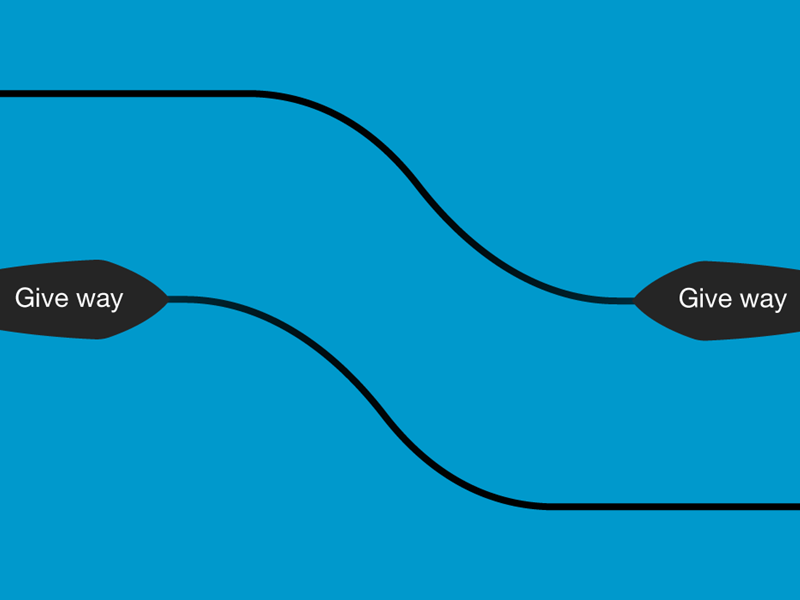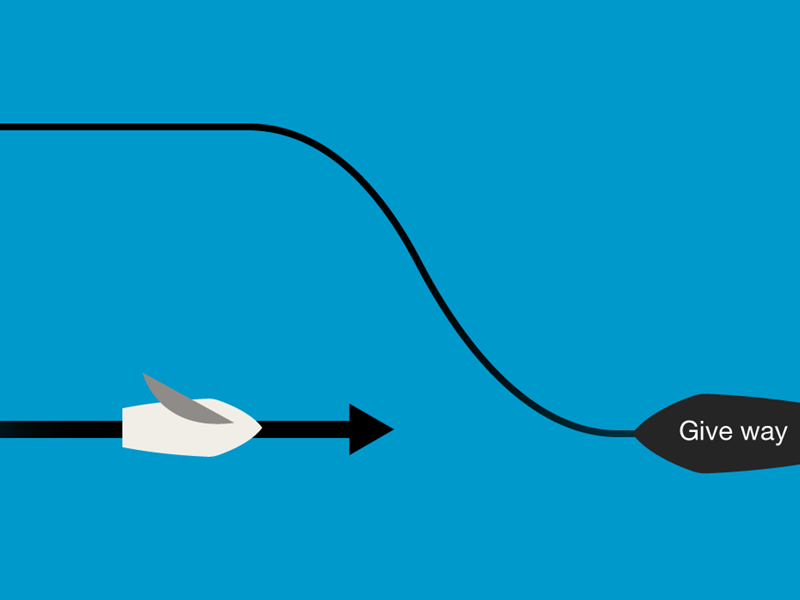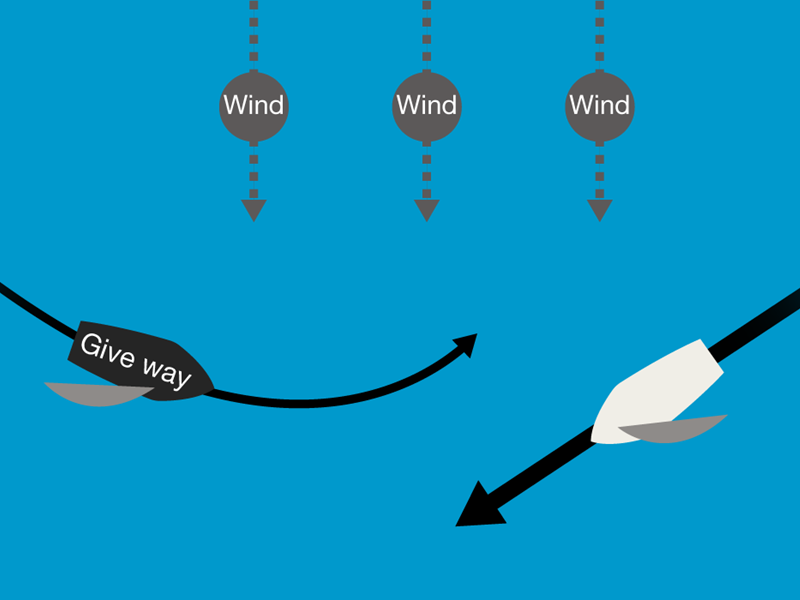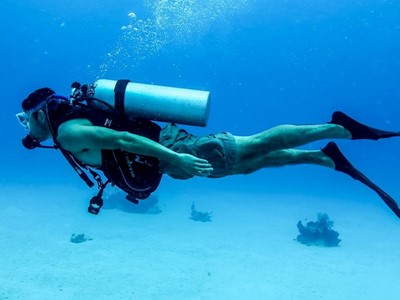If you’re looking to take a boat out for the first time, you need to know the basics of how to be safe out on the water.
There’s no national licensing requirement for recreational skippers in New Zealand so it’s up to you to make sure you know what you need to do out there. Being a skipper is a legal responsibility and there are significant repercussions if you get it wrong – ignorance is no excuse. There’s a fair bit to know, but here’s a brief overview of the navigation basics to get you started.
The rules of the sea are a bit different to on the road – what you do depends on what type of boat you are in, and you don’t drive on the left out here! Here are some handy illustrations care of Maritime NZ to help you out.



Keep to starboard: powerboats pass to the right, and you need to turn right if approaching another powerboat head on.
Power gives way to non-power: that’s sail or paddle. If you can move faster, move out of the way.
If the wind is on your port side or if you’re upwind to another sailboat, you’re giving way.
Just like the passing rule, when you’re entering or exiting a harbour you need to stick to the right, so other vessels can pass on your port side. The easiest way to remember this is to keep the green mark on the same side as your boat’s green navigation light when you’re heading into the harbour.

Unlike swimming at your local beach, out on the water you want to avoid these flags:
- Divers white and blue flag: has to be flown from the vessel where people are diving and be clearly seen from 200m away. You need to keep 200m clear (the length of 2 footy fields) or reduce speed to 5 knots or less and watch closely for divers, floats or bubbles.
- Tankers and dangerous goods red flag: you need to stay 200m away from tankers, ships displaying the dangerous goods flag and defence premises.
We understand if you’re feeling a little overwhelmed already, but there’s heaps more to know about identifying the different types of markers, what navigation lights to have on which boat, and what to do in an emergency.
The quickest way to get up to speed with all this and more is by doing the Coastguard Day Skipper course, it’s the best overview of all you need to know as a first time skipper. New Coastguard members get $100 off the course and existing members get a discount too. Come on mate, get your ship together!
Boatie's Best Mate.
Get a Coastguard membership today for peace of mind when you’re out boating.


